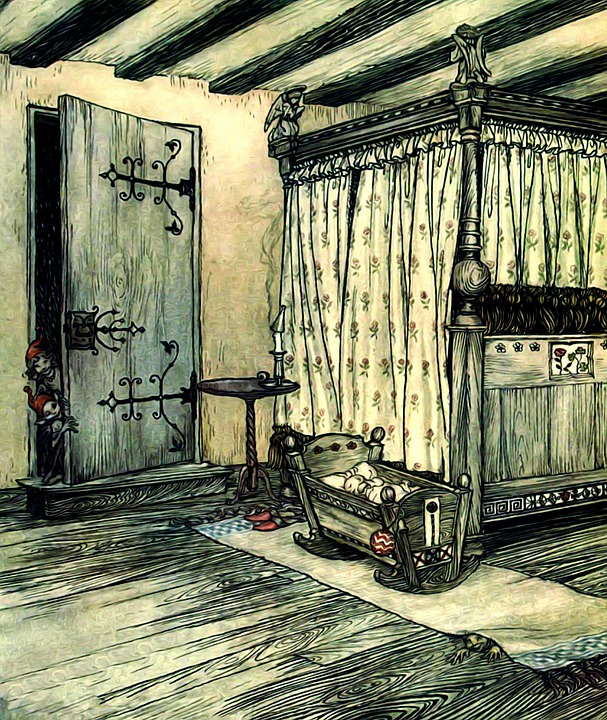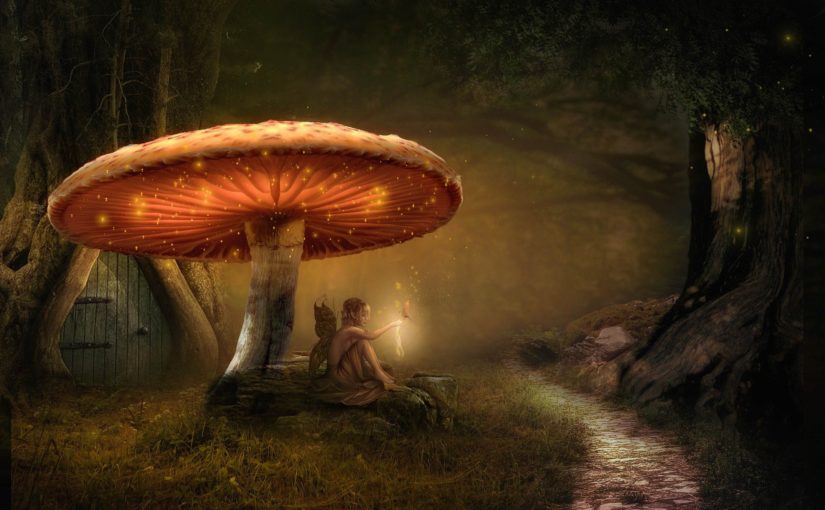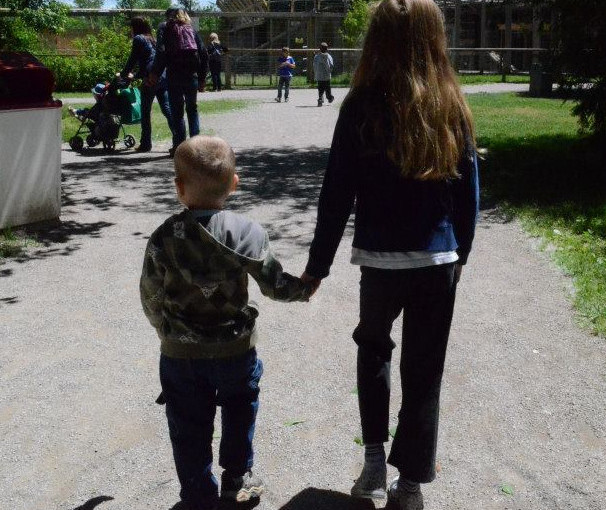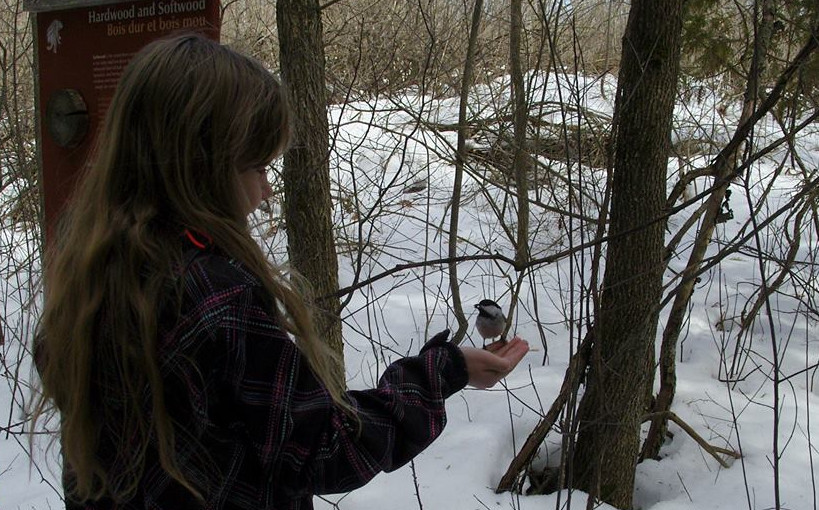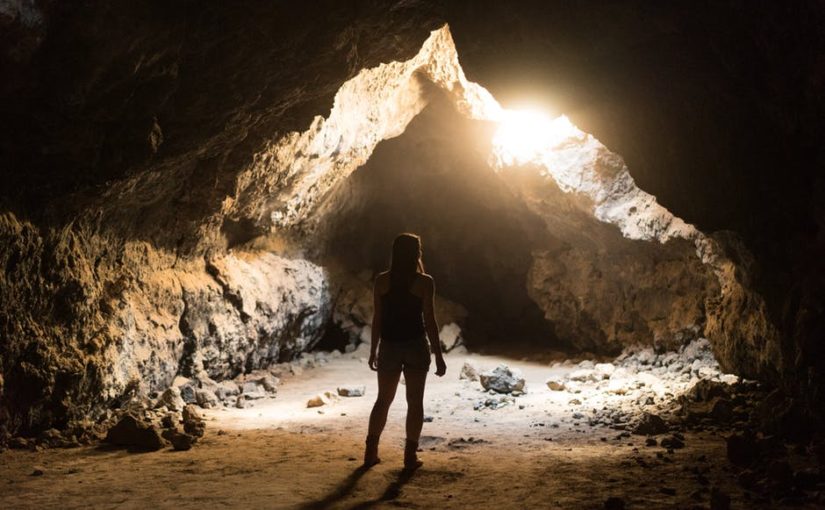Previous: Why I changed my genre (Pt. 1)
Beginning with my first elementary school trip to a pioneer village in Port Carling, and to Black Creek Pioneer Village in Toronto with my grandparents, I developed a lifelong fascination with all things 19th century, especially the Victorians.
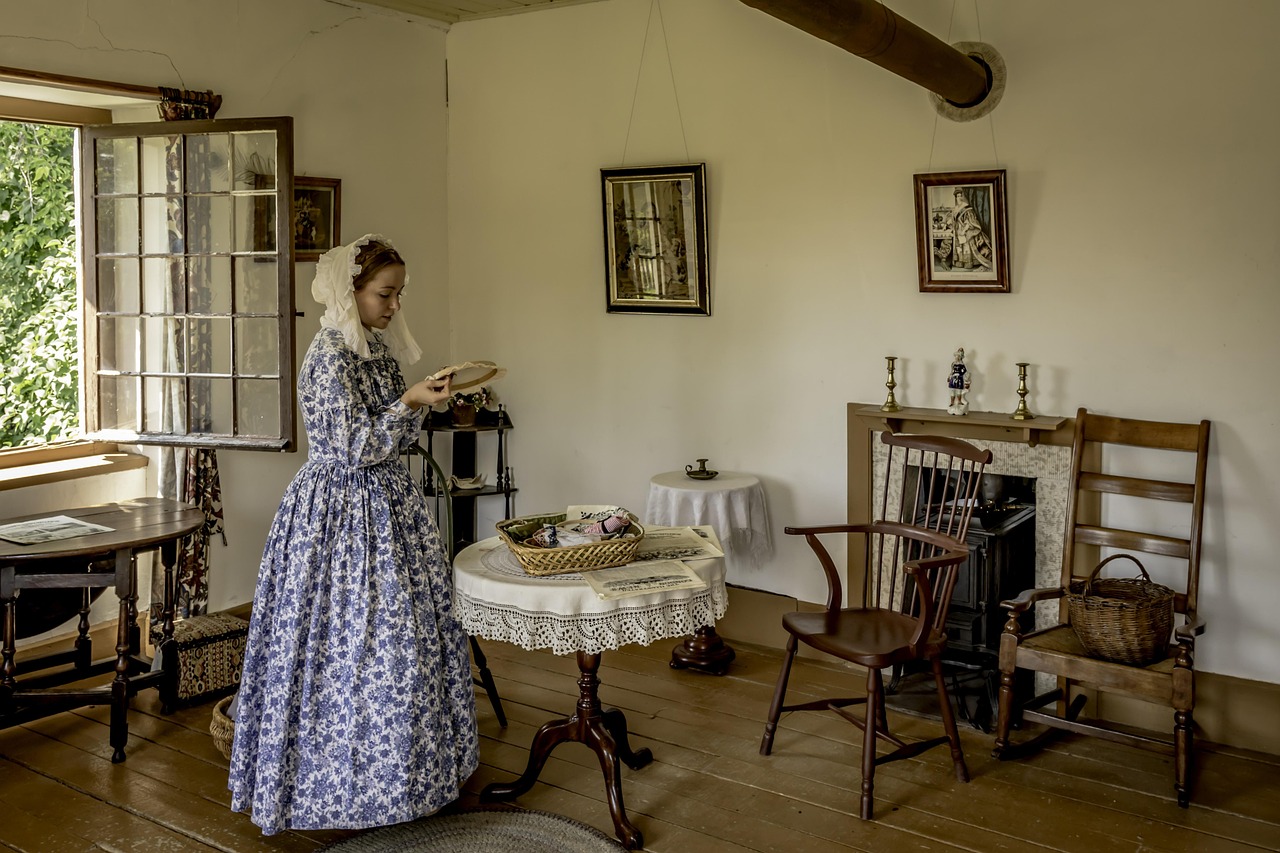
Over the years I’ve carted the hubby and kiddos along to several pioneer villages. As we wander from one creaking room to the next, cicadas buzzing and birds chirping outside the windows, there’s this feeling of stepping into liminal spaces; of being caught in a time warp between two worlds. But I also feel something else: a craving for tiny doors too small for even my foot to fit through. Tiny doors that lead…where?
As a teen, I discovered by chance that I loved Celtic instrumental music. It was both melancholy and uplifting, and so enchanting and mysterious; whisking me away. I was a maiden standing on the edge of a cliff, skirts and shawls flapping in the wind as I gazed out to sea. It was a mood I found haunting yet strangely decompressing. I’m third-generation Canadian born, but because I have mostly Scottish and British ancestry, I’ve long felt a connection to the United Kingdom. So for me, Celtic music was a portal between worlds.
I grew up in Muskoka, Ontario, with a family cottage in Haliburton County. My parents love the woods and took me and my siblings on endless hikes, canoe rides, and drives through the countryside. For as long as I can remember, forests and woody landscapes, ancient barns, and century homes – especially decrepit and abandoned/boarded up ones – have struck a chord with me.
Sunbeams on a forest floor, wildflowers, mossy logs, brooks, swamps, ponds, lily pads, gnarled trees… I’ve always looked at them with a sense of whimsy or an eerie intrigue, as though a faerie might appear or some sort of spook. I also feel a mild disappointment each time when of course, nothing ever does appear. My mind urges me to fill the nooks and crannies, the shadows, with shapeshifting creatures; to bring them to light.
Whenever I’d see a hole in a knotted tree I’d shrink down and explore it from a squirrel’s eye view. A Victorian home? I’d explore the rooms in my mind’s eye, searching for secret passageways leading to mysterious chambers, attics and cellars with dangerous, magical secrets. An overgrown, abandoned country cottage being consumed by nature? I’d peek into the decomposing rooms and hear the whispers, see the sliding shadows, of wandering spirits. Modern shops housed in 19th century buildings? The street becomes overlayed with horse and carriage; the pedestrians garbed in wide-skirted dresses and petticoats, feathered hats, tweed suits and top hats. I’m always seeing both images at once, intertwined, wherever I go.
G.K. Chesterton put it well when he said of such peculiar sights: What story waits here to be told?
This is how my mind works, how I think, but I’ve kept it largely to myself until recently. When it comes to much of my fiction writing, I’ve barely scratched the surface of my imagination – I was too busy writing drama! Well, now the time has come to put to pen what I’d previously chalked up to childish fantasies. I find cryptids and faerie lore most fascinating, and that’s why my first youth fiction is about a werewolf.
C.S. Lewis wrote in a letter, “Someday you will be old enough to start reading fairy tales again.“
I’m old enough now to start writing them… 😉


